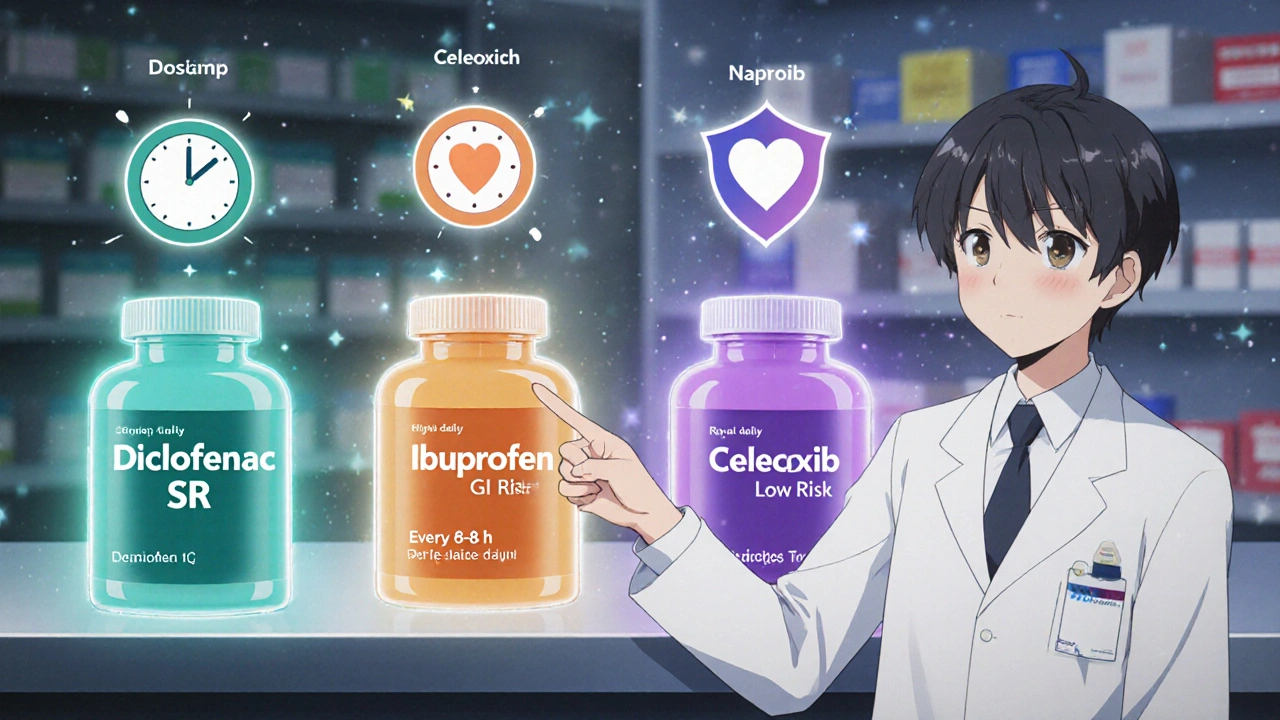When you’re looking for better ways to manage health issues, medication alternatives, safer or more effective options that replace or complement standard drugs. Also known as drug alternatives, they help you avoid side effects, cut costs, or find treatments that fit your lifestyle. In October 2025, RocketRx published a series of no-nonsense guides that cut through the noise—no fluff, just facts. Whether you’re tired of hydroquinone’s risks, confused about which NSAID actually works for your pain, or wondering if natural remedies can replace alendronate for bone health, these posts give you real comparisons you can use today.
Many of the articles focus on drug comparison, side-by-side evaluations of prescription medications and their alternatives. Also known as medication switching guides, they help you understand why one drug might be better than another for your specific case. You’ll find detailed breakdowns of Duloxetine vs other antidepressants, Insulin Glargine vs other basal insulins, and Depakote vs mood stabilizers. These aren’t marketing pages—they’re practical tools for people who want to know what’s actually working in real life. The same goes for skin lightening, treatments for dark spots and hyperpigmentation that avoid harmful ingredients. Also known as safe skin brightening, this topic came up again and again, with clear alternatives like niacinamide and azelaic acid shown to work without the danger of hydroquinone. And if you’ve ever wondered whether you can use antifungal pills like itraconazole to clean mold off your walls, or if ginger really beats meclizine for motion sickness, you’ll find those answers here too.
The collection doesn’t just list drugs—it shows you how they connect to your daily life. How does prednisolone cause acne? Why does smoking wreck your VO2 max? What’s the best way to manage hemorrhoids as you get older? These aren’t abstract medical questions—they’re the things that keep you up at night. Each post answers them with straight talk, backed by science but written for real people. You won’t find vague advice like "talk to your doctor" without context. Instead, you’ll get clear guidance on when to try an OTC option, when to ask for a prescription, and when to walk away from something that doesn’t make sense.
What you’ll find below is a curated set of October 2025 guides that help you take control—not by guessing, but by knowing exactly what each option does, how it compares, and who it’s really for. Whether you’re managing chronic pain, skin changes, or long-term medication side effects, there’s a post here that speaks directly to your situation. No hype. No filler. Just the facts you need to make smarter choices.








